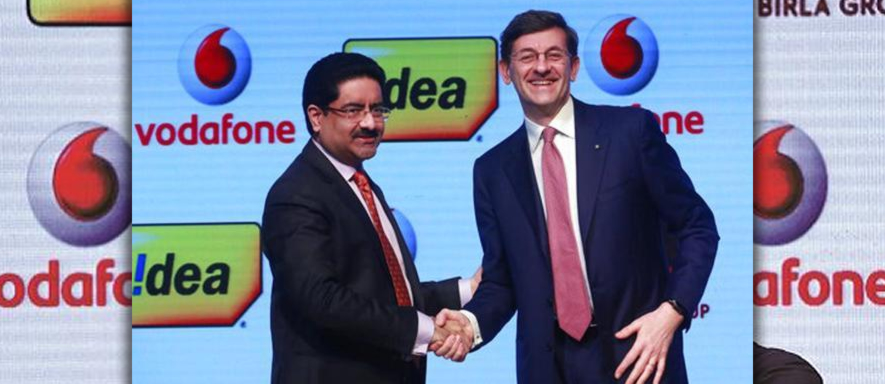Indian telecommunications operator Idea Cellular has suffered more financial woes ahead of a proposed merger deal with Vodafone India. Idea Cellular disclosed its financial report for Q4 and it makes for grim reading. In fact, it’s the largest ever quarterly loss posted by the operator, which has been attributed to a rapid decline in interconnection revenue.
However, the company is confident that a merger deal with Vodafone India can curb the recent decline in earnings that it has endured. Industry analysts have claimed the downturn in fortunes for Idea Cellular is a direct result of increased competition and the country’s regulatory environment. Analysts have also pointed to the introduction of Reliance Jio in September 2016 as being a prominent factor.
Representatives for Idea have expressed their confidence that a merger deal with Vodafone India will be finalized in the first half of this year, as negotiations have now entered the final phase of regulatory approvals. The deal will subsequently form India’s largest operator by connections.
In Q4 Idea posted losses of $201.7 million which is almost three times higher than what was recorded in Q3 in 2017. Total revenue year-on-year was down by a whopping 24.9%.
However, the company has delivered a bold statement in which it has attributed a lot its issues towards the Indian TRA (Telecoms Regulatory Authority). Idea has slammed its decision to cut half of the interconnection fees operator can receive from its rivals.
Idea Cellular is not the only Indian operator currently feeling the pinch. Telecommunication incumbent Bharti Airtel has also reported a sharp decline in revenue and net profit for the final calendar quarter of 2017.
Idea said a TRA plan to also cut international rates in February “remains a body blow to all operators and reduces investible funds for the critical Digital India programme”.
“The international usage charge rate drop only benefits the foreign operators, with no commensurate benefit to Indian consumers, but with significant foreign exchange and revenue loss to the Indian exchequer,” it added.





